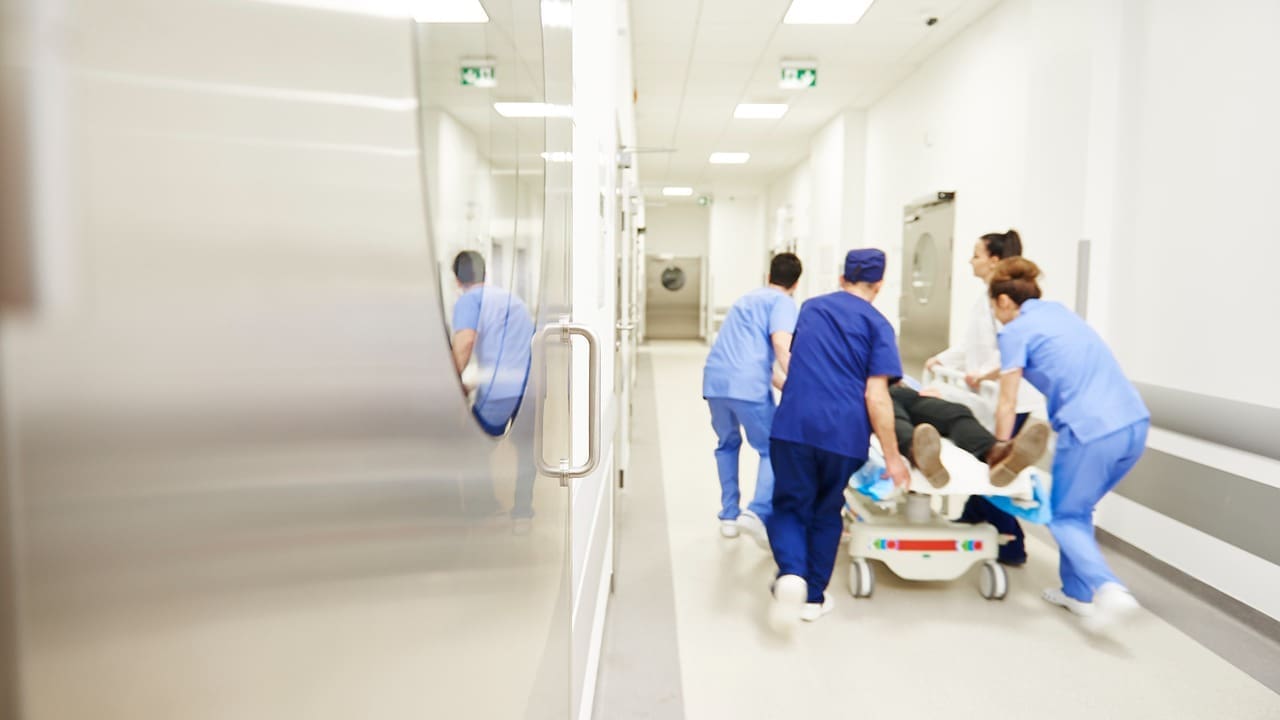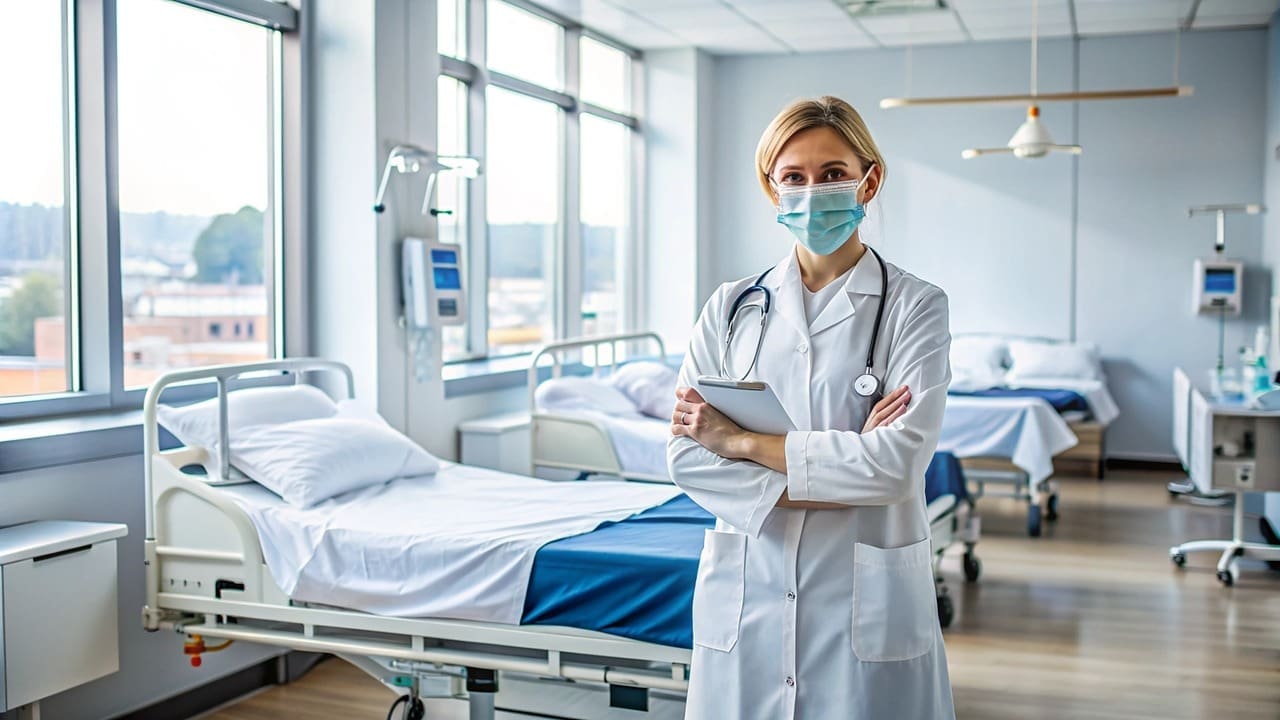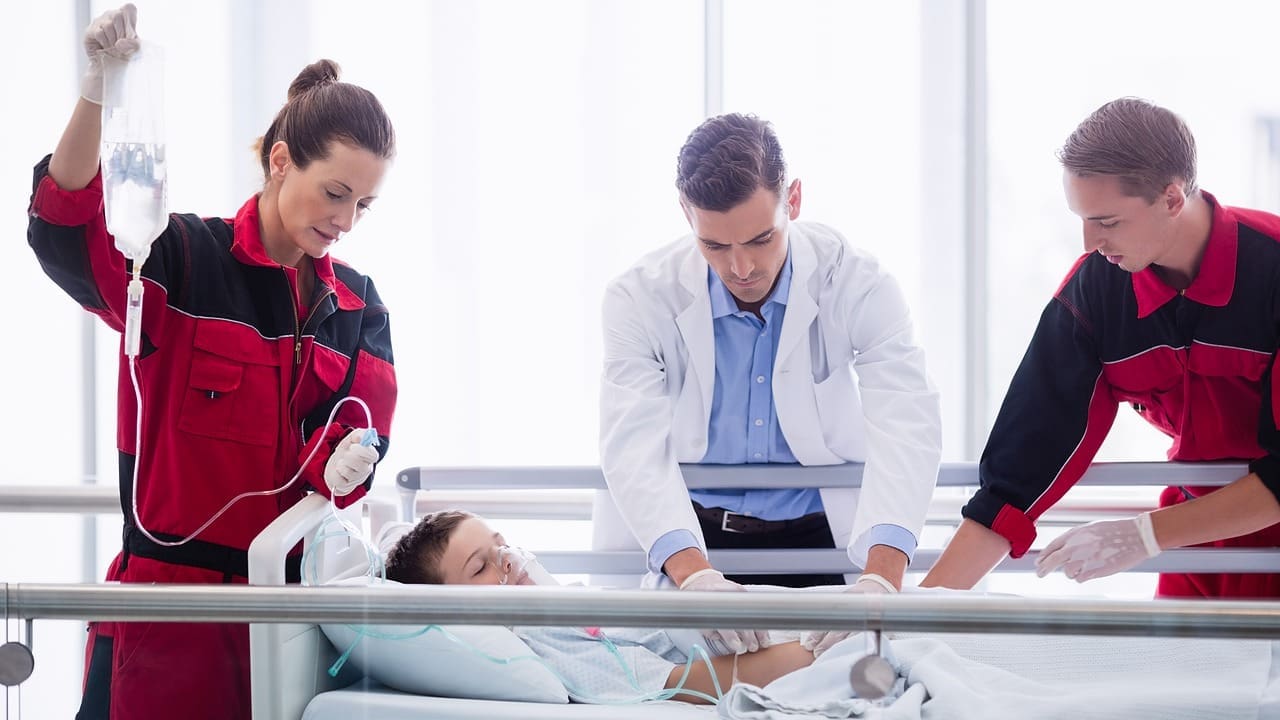Emergency Department vs Urgent Care: When to Go and What to Expect
If you are unsure whether to go to the emergency department or urgent care, choose the emergency department for serious or quickly worsening symptoms like chest pain, trouble breathing, heavy bleeding, signs of stroke, major injuries, sudden weakness or confusion, allergic reactions with swelling, severe stomach pain, or a high fever in infants. Urgent care is best for minor sprains, ear infections, small cuts, or mild asthma. If you are not sure, it is safest to go to the emergency department or call 911. Our team will quickly assess your needs, run tests, and start treatment, working with specialists to make sure you get the right care.

Emergency Department Near Me: How to Find Fast, Safe Care 24/7
Looking up ’emergency department near me’ can help you find hospital care available at any time. Try to choose a location with quick access, experienced emergency doctors, and on site imaging and lab services. At our clinic, we make check-in easy, monitor you closely, and keep you and your family updated throughout your visit. If you cannot get to the hospital safely, call 911.
Emergency Department Care: Triage, Tests, Treatment, and Discharge
When you arrive, our team will check who needs help most urgently to keep everyone safe. You might have blood tests, an ECG, X rays, a CT scan, an ultrasound, or other quick procedures. Based on your results, you may get treatment in the emergency department, be admitted to the hospital, or go home with clear instructions and follow up plans. We follow proven guidelines for heart attacks, strokes, injuries, and serious infections to give you the best care.
Emergency Room Department Wait Times: What Affects Them and How to Prepare
How long you wait in the emergency department depends on how many people are there, how serious their conditions are, and whether you need tests or a specialist. Patients who arrive by ambulance with life threatening problems are seen right away. To help your visit go smoothly, bring a list of your medicines and allergies, your ID, insurance information, and any recent medical records if you have them. Wear clothes that are easy to take off and try not to eat or drink if you think you might need tests. We will keep you updated about wait times and what will happen next.
Types of Emergency Departments: Freestanding EDs, Hospital EDs, and Trauma Centers
- A hospital emergency department offers a full range of services, including on site specialists, advanced imaging, and the ability to admit patients when needed.
- A freestanding emergency department provides emergency care closer to where people live. If a case is complex, patients may be transferred to a hospital for admission or more advanced care.
- A trauma center (Level I to III) has special teams and equipment for treating serious injuries and is found at certain hospitals. We make sure patients get to the right place quickly so they receive the best possible care.
Best Emergency Department Experience: Patient Tips for a Faster Visit
- Search for ’emergency department near me’ to find a nearby, high quality location.
- Clearly describe symptom onset, severity, and relevant history.
- Keep emergency contacts and your medication/allergy list on your phone.
- If you are bringing a child, pack a comfort item and know their recent weight. We aim to provide efficient, caring service to help lower stress for your family.

Emergency Department for Children and Adults: Family Centered Care
We treat patients of all ages, from infants to seniors, and adjust our care to fit each group. For kids, we offer child friendly spaces, use the right medicine doses, and select safe imaging. For adults and seniors, we focus on fast heart and stroke checks, preventing falls, and using medications safely. We keep families updated so everyone knows what is happening.

Emergency Department Services: Imaging, Labs, Cardiac Care, and Stroke Response
Our emergency department provides many services, such as lab tests, X rays, CT scans, ultrasounds, ECGs, and close monitoring. We respond quickly to strokes and heart issues to begin treatment right away. For injuries, serious infections, or breathing problems, we use proven steps to help you fast and call in specialists if needed.
Non Emergency vs Emergency: When to Call 911, the Fire Department, or Non Emergency Police
Call 911 if you have a medical emergency, there is a fire, or you face an immediate danger. For less urgent problems like noise complaints, small traffic accidents without injuries, or checking on someone’s well being, use the non emergency number for the fire or police department. If you have symptoms that might be serious, such as chest pain, trouble breathing, or heavy bleeding, go to the emergency department or call 911 right away.
Emergency Departments Near Me: How Our Clinic Coordinates Your Care
If you visit our clinic with urgent or serious symptoms, we will quickly get you to the right emergency department and share your medical details to save time. After your emergency visit, we help arrange follow up appointments, prescriptions, and specialist referrals to support your recovery.
For more information about our academic and training initiatives, visit Liv Hospital Academy
Frequently Asked Questions Emergency Department
What is an emergency department?
An emergency department (ED) is a 24/7 hospital based service that evaluates and treats urgent and life threatening conditions such as chest pain, stroke symptoms, severe injuries, trouble breathing, and severe infections. It provides rapid triage, diagnostics (labs, X-ray, CT, ECG), treatment, and either discharge with instructions or hospital admission.
When should I go to the emergency department vs urgent care?
Go to the ED for chest pain, shortness of breath, stroke signs (FAST), severe bleeding, major trauma, sudden confusion or weakness, high fever in infants, severe abdominal pain, or allergic reactions with swelling. Use urgent care for minor issues like ear infections, mild sprains, or simple cuts without heavy bleeding. If unsure, choose the ED or call 911.
What is triage in the emergency department?
Triage is the process of quickly assessing each patient’s symptoms and vital signs at arrival to prioritize care by severity. Life threatening conditions are seen first. This keeps patients safe and helps manage waiting time when the ED is busy.
What are common procedures in the emergency department?
Common ED procedures include IV placement, blood tests, ECGs, X rays, CT scans, ultrasounds, wound repair (stitches), splinting fractures, breathing treatments, medications for pain/fever, and emergency stabilization for heart attack, stroke, trauma, or sepsis.
What is the purpose of triage in the emergency department?
The purpose is to identify and treat the most serious conditions first, ensuring time sensitive care (e.g., stroke or heart attack) is not delayed and that all patients are monitored appropriately while waiting.
Is the emergency department considered critical care?
The ED provides critical care when a patient has life threatening conditions requiring intensive monitoring and life supporting interventions. Not all ED visits are critical care, but EDs are equipped to deliver it when needed.
What is the role of the emergency department in a hospital?
The ED provides immediate evaluation and treatment for urgent and emergent conditions, stabilizes patients, initiates diagnostics, coordinates specialist consultations, and determines whether patients can be safely discharged or require admission.



